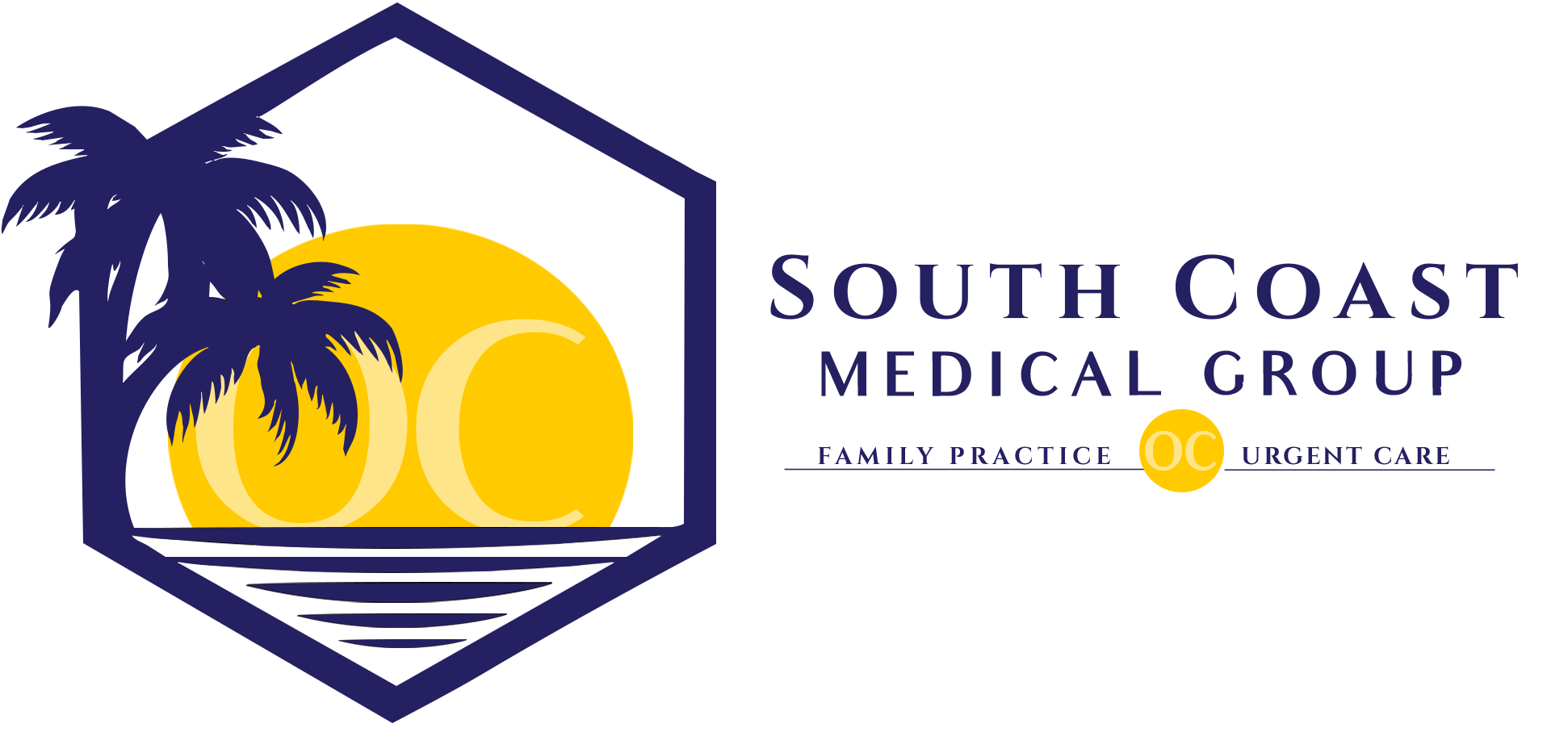You May Notice A Change In Your Prescriptions

If you are a Blue Shield member, you may have become aware of new prescription protocols for 2019. We have been implementing them for a few months to get everyone familiar. By now, you have heard that there is an opioid crisis in America. Part of these changes is in part because of the epidemic. These new guidelines may impact your prescriptions. It is important to stay informed about these changes.
This new prescription protocol went into effect on January 1st, 2019.
Blue Shield is implementing new Part D formulary and safety limits for opioids medications effective January 1st, 2019, for our Medicare Part D members.
If you have any questions regarding these policies, please contact us at (949) 360-1069 or Blue Shield’s Provider Customer Service Department at (800) 541-6652.
Ongoing use of opioid medications may increase the risk of misuse, overuse, and abuse leading to dependence, addiction, and overdose. As such, opioid overutilization is a significant concern. The Centers for Medicare and Medicaid Services (CMS) announced new policies in the Final 2019 Call Letter, and gave health plans additional tools to employ more effective drug utilization review (DUR) programs to reduce over-utilization of opioids while maintaining access to needed medications for beneficiaries.
Opioid Naive Patients: 7-day limit for first fill
A maximum 7-day supply is allowed, without prior authorization, for an opioid prescription for opioid naive parents. Opioid naive is defined as having no paid claims for an opioid prescription within the past 120 days. This edit does not apply to patients who are residents of a long-term care facility, in hospice care, receiving palliative care, or being treated for active cancer-related pain.
Concurrent Use Of Benzodiazepine With Opioid
A safety message is triggered if the member fills both an opioid and benzodiazepine with overlapping or concurrent therapy. A message is provided to the dispensing pharmacist to evaluate for appropriateness. The pharmacist may override the safety edit and allow the claim to continue processing. Your office may be contacted if the pharmacist cannot determine appropriateness at the point of sale.
Duplicate Long-Acting Opioid Therapy
A safety message is triggered if the member fills more than one long-acting opioid with overlapping therapy or duplicate therapy. A message is provided to the dispensing pharmacist to evaluate for appropriateness. The pharmacist may override the safety edit and allow the claim to continue processing. Your office may be contacted if the pharmacist cannot determine appropriateness at the point of sale.
Cumulative Morphine Milligram Equivalents (MME) Care Coordination Edit
Currently, a safety message is triggered when a patient exceeds 120 morphine milligram equivalents (MME) per day across all opioid fills. Effective January 1st, 2019, the safety message is triggered when a patient exceeds 90 MME per day across all opioids. The dispensing pharmacist must consult with the prescriber and document the discussion. After consulting with the prescriber, the pharmacist may override the safety edit and allow the claim to continue processing. This edit does not apply to patients who are residents of a long-term care facility, in hospice care, receiving palliative care, or being treated to active cancer-related pain.
For more information, visit the CDC Guideline for Prescribing Opioids for Chronic Pain.
Blue Shield has made reducing prescription opioid overuse a significant corporate priority for safety of our members.
We value the care provided for our members and we appreciate the attention to this important health and safety issue.
Blue Shield of California is a HMO and PDP plan with a Medicare contract. Enrollment is Blue Shield of California depends on contract renewal.



